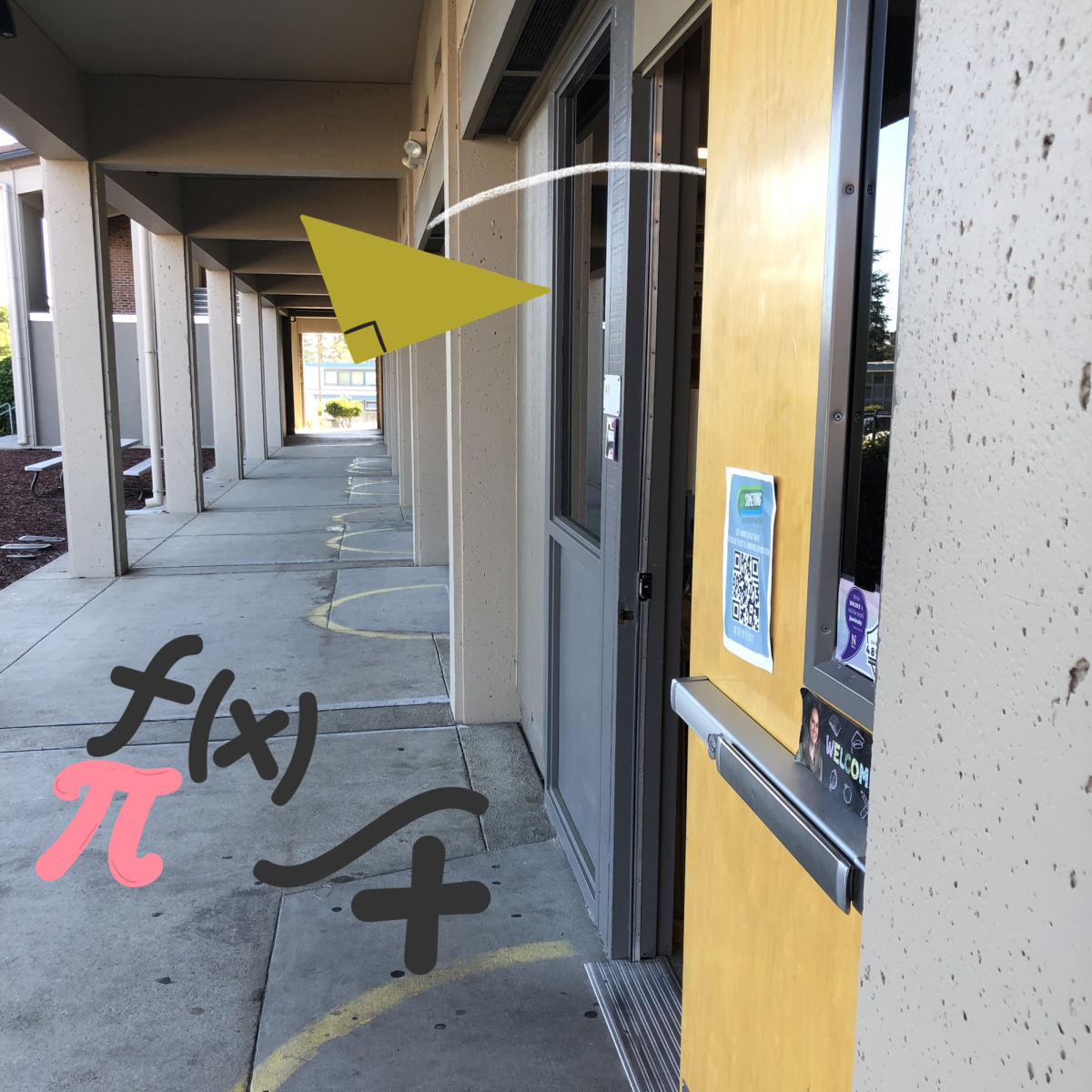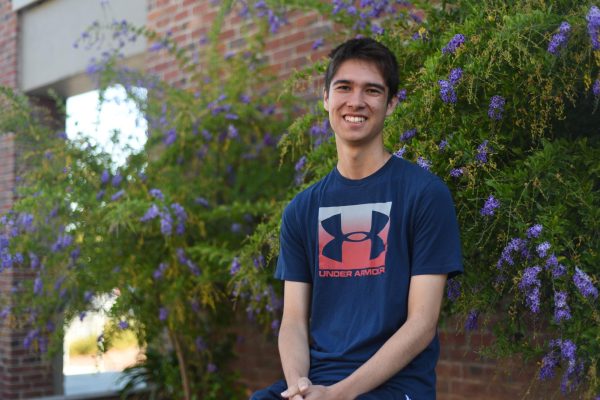When math teacher Alan Wong practices sports with his son, he finds a way to incorporate math. Wong’s son is only 11 years old, so Wong is aware that he can’t just dive into the physics behind their games. However, what he does teach his son are the basic concepts behind the motion of the ball: to hit the ball near the apex in tennis since the ball stays there longer, and to pay attention to the rebound angle of the ball while playing pool.
“Math relates to everyday life [in] everything that we do, from driving in a car to seeing how things work through physics,” Wong said. “Math explains how everything works.”
Senior Jisha Rajala agrees with Wong on the broad usage of math, adding that math has numerous applications, ranging from paying taxes to doing physics. For her, math serves as the building block for other subjects, and gets progressively broader as well in terms of its applications.
“I don’t think there’s any particular thing that’s useful because there [are] so many different fields and math is so vast, Rajala said. “On one side, there’s linear algebra, which can be used for [machine learning], and on another side there’s statistics, [which] can be used even for biology studies.”
While Rajala finds fields of math such as linear algebra useful due to her interest in computer science and machine learning, junior Charlotte Zhou says statistics and algebra are more useful in everyday life. However, Zhou and Rajala agree that physics, a class they took where they applied mathematical equations to general concepts of science, made the math they were doing feel more engaging.
“Physics was really enjoyable because of the math, and because I was able to connect the dots between [them],” Rajala said. “I think physics made it much easier for me to learn calculus, because [it provided] a way to visualize the applications [of] calculus.”
However, for levels of math higher than calculus, Zhou believes the often abstract nature of these topics prevents them from being more useful in real life. Her acquaintances in college mention that the more advanced and theoretical the math they learn is, the less widely applicable it becomes.
“It’s more about the mindset and the kind of thinking that you’re learning in these classes, how it shapes you — [you] become a better suited or logical thinker overall,” Zhou said. “But in terms of actually crunching the numbers, I think for the majority of career paths, it wouldn’t actually be applicable.”
The logical thinking Zhou mentions is also emphasized by Wong as one of the more important general concepts in math that students learn. He feels that, at its core, math revolves entirely around logic, and this is also part of why math is so crucial for a complete education.
“It’s not so much the nitty gritty numbers involved in an equation but the broad spectrum of concepts that are involved,” Wong said. “Regardless of the type of math you’re studying, it’s all just about logical reasoning; that’s all it is.”












